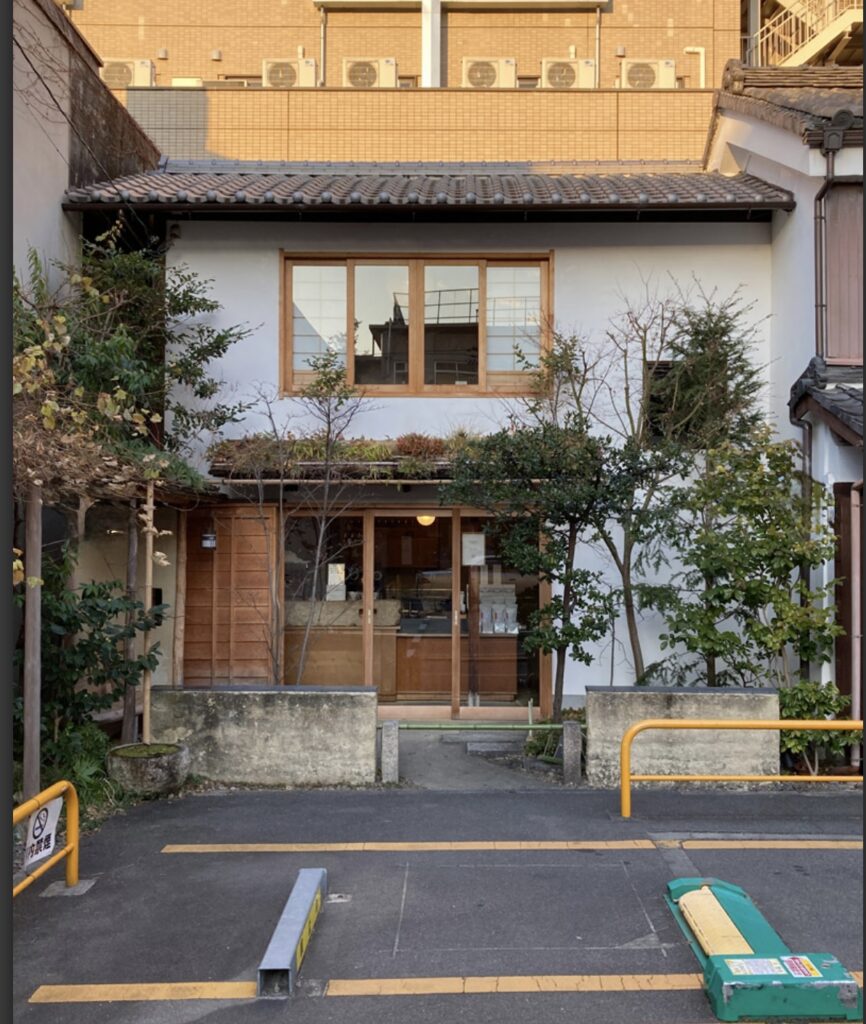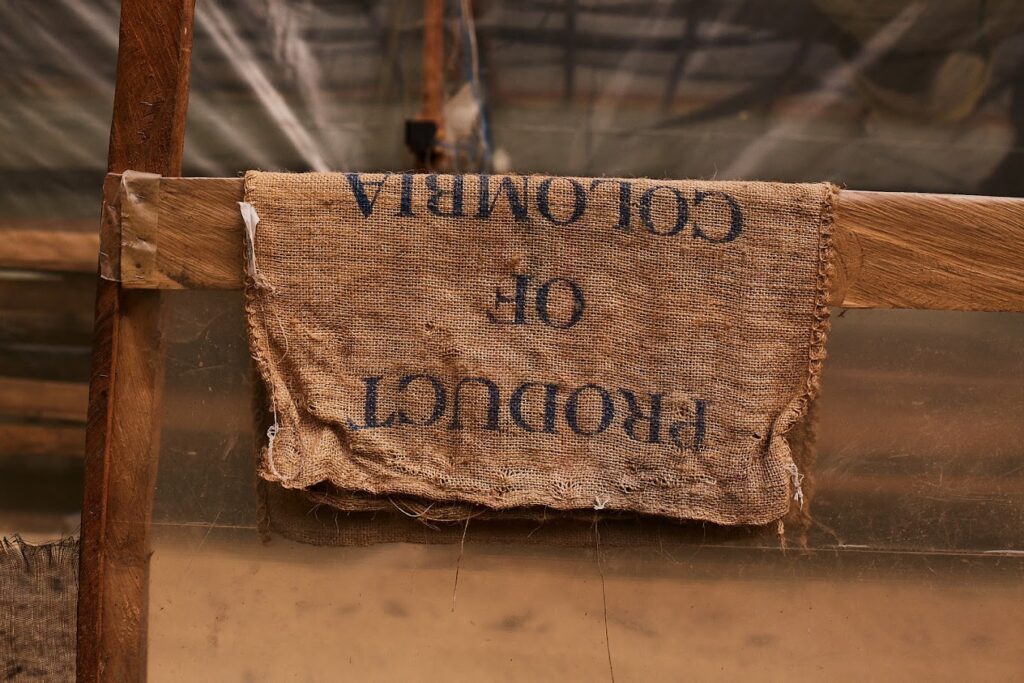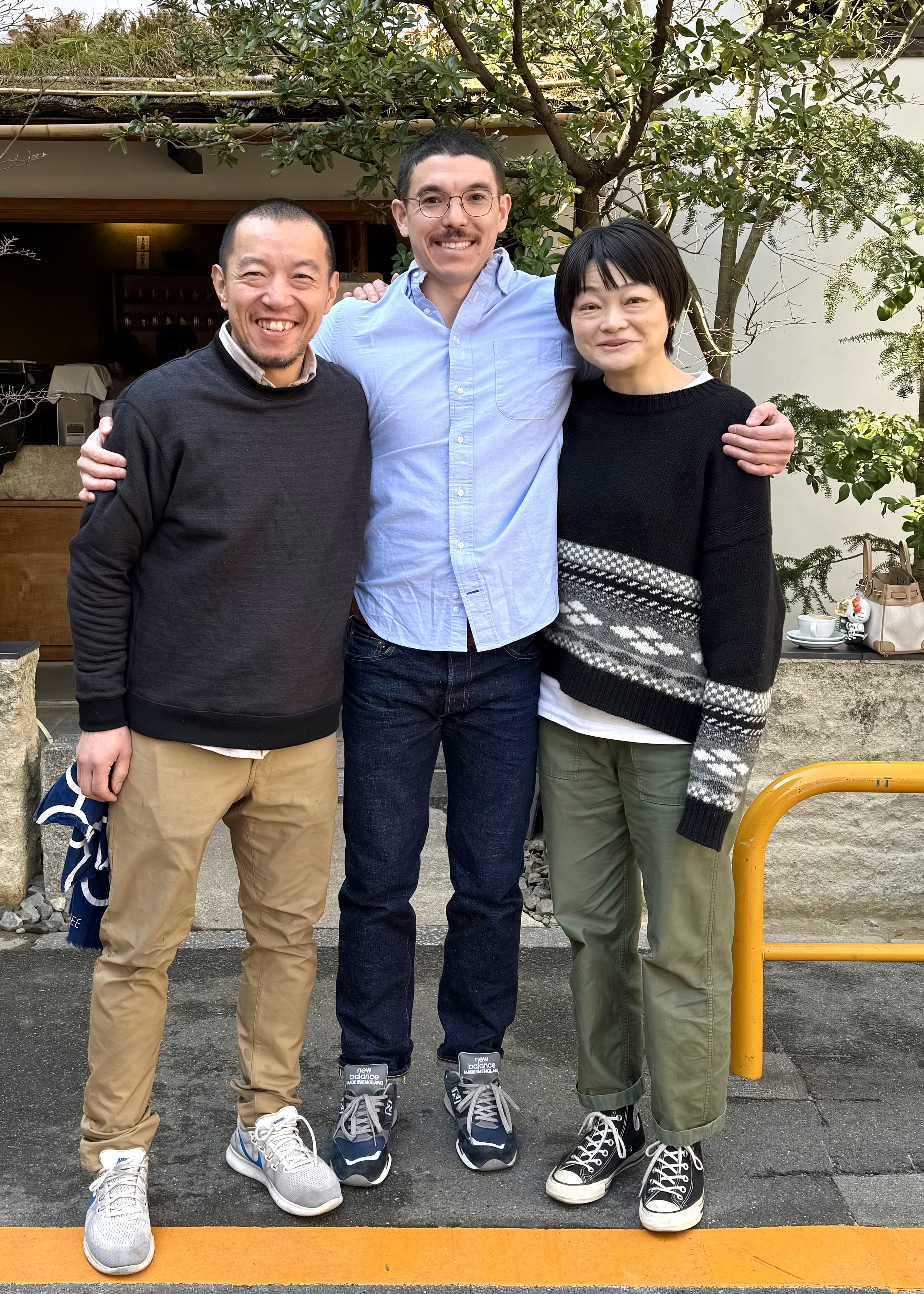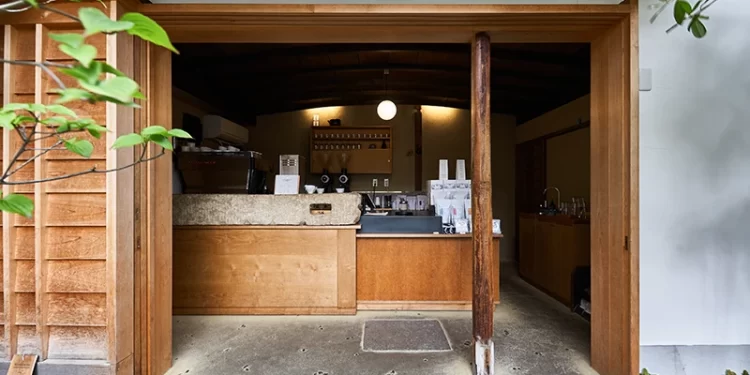A Hidden Beacon of Coffee Craftsmanship
Tucked behind a quiet coin-parking lot on Tominokoji Street in Kyoto, Weekenders Coffee isn’t easy to find. There is no signage vying for attention, no soundtrack blaring, only the soft hum of conversation and the gentle hiss of a kettle. Yet, since its founding, Weekenders has become a global destination for those seeking more than just caffeine. It has become a haven for thoughtful craftsmanship, quiet elegance, and a new way of thinking about coffee.
At the heart of it all are Masahiro and Ayumi Kaneko, the quietly driven couple who have spent the last two decades transforming their passion for espresso into a deeply personal pursuit of excellence. Their journey is not merely one of cunning business acumen, but one of philosophy, craftsmanship, and community.

From Espresso Misfits to Quiet Trailblazers
Masahiro is from Fukushima. Ayumi is from Kyoto. They met in a small French café that specialized in espresso—a rare novelty in Japan at the time. Customers didn’t understand the flavors. Espresso was too sharp, too foreign. But the experience planted a seed. “We realized that people weren’t tasting coffee,” Masahiro said. “They were tasting burnt beans and sugar.”
In 2005, they opened their own café in Kyoto’s Sakyo Ward. It had seating for thirty, served meals until late at night, and tried to find a balance between food and coffee. But once again, customers gravitated toward the food. Coffee was still an afterthought. For Masahiro and Ayumi, this was a sign: they had to do something different.
The Leap into Roasting
In 2011, they made a bold move: they shut down the restaurant-style café and pivoted entirely to roasting specialty coffee. It was a radical shift. Neither of them had experience with roasting, nor any guarantee that customers would follow them into this new chapter. But the decision wasn’t born of confidence—it was born of conviction.
“We weren’t satisfied with the beans we could get in Japan,” Masahiro said. “So we decided to roast our own.” What followed were months of frustration. Masahiro would spend hours behind the roaster, adjusting temperatures, tweaking profiles, chasing a taste that existed more in his imagination than in the cup. Still, the results fell short. “I thought I was the problem,” he recalls with a laugh, though at the time, it didn’t feel so amusing. “I kept thinking—maybe I just don’t have the skill.”
Then came a moment of clarity. During a cupping session with Tim Wendelboe—a revered figure in the coffee world and co-founder of Nordic Approach based in Oslo, Norway—Masahiro presented his latest roast for feedback. Tim tasted it, paused, and said something unexpected: the problem wasn’t the machine, or even the technique. It was the beans themselves.
That conversation changed everything. Masahiro began to understand that even the most precise roast could only go so far if the foundation—the raw material—was lacking. “That’s when we realized we needed to go deeper,” he said. “Roasting wasn’t just about heat and time. It was about the entire chain—from farm to cup.”
Instead of focusing solely on technique, they turned their attention upstream. They began sourcing directly from producers, tasting green beans with as much scrutiny as the final brew. It was a meticulous, labor-intensive process—but one that aligned with their emerging philosophy: clarity, transparency, and integrity at every step.
In time, the results spoke for themselves. Their coffees took on a new character—bright, clean, full of nuance. Each cup became a quiet expression of all the small choices made along the way, from the soil where the beans were grown to the precise moment they bloomed in the cup. What began as an attempt to improve their product had transformed into something far deeper: a philosophy, a practice, a way of life.

The Shokunin Spirit in Every Cup
There is a word in Japanese that doesn’t easily translate: shokunin. It refers not simply to a craftsperson, but to an artisan devoted to the tireless, humble pursuit of mastery—one rooted in discipline, integrity, and an unspoken responsibility to one’s community. It is a mindset as much as a method, a way of being that values precision not for show, but for the quiet satisfaction of doing something well.
Masahiro and Ayumi do not call themselves shokunin. There are no declarations, no branding built around the idea. But in the way they approach their work—with intention, with consistency, with a quiet kind of grace—they embody the very spirit of it.
Masahiro is not a man of slogans. He is a tinkerer, an experimenter, a listener. He spends his days in the roastery, charting subtle differences in roast curves, chasing clarity and sweetness through repetition and refinement. A good roast, for him, isn’t just about flavor—it’s about restraint, harmony, and respect for the bean’s origin.
Ayumi, by contrast, brings warmth to the precision. She remembers names, notices small details—a favorite cup, a familiar rhythm in how someone orders. She greets regulars with gentle familiarity and makes newcomers feel like they’ve stumbled into something rare. If Masahiro refines the flavor, Ayumi preserves the feeling.
Together, they have created more than just a coffee stand. They’ve built a space where hospitality meets discipline, where the craft of coffee becomes a quiet form of devotion. It is a place that is thoughtful yet unpretentious, deeply Japanese yet globally resonant.
Kyoto as Muse and Mirror
Kyoto has long favored dark-roasted coffee, often served in old kissaten with lace curtains, soft lighting, and the faint sound of classical music playing in the background. These nostalgic cafés are quiet enclaves, deeply rooted in post-war culture and the aesthetics of comfort. In that context, light roast coffee was, at first, a tough sell.
“People would say it tasted sour or strange,” Masahiro said. “But we believed in it. We didn’t want to copy anyone.” Weekenders wasn’t trying to be trendy—it was simply trying to be honest. Their roasts emphasized brightness, sweetness, transparency. In a city where coffee was often hidden beneath layers of sugar and cream, this clarity felt almost radical.
Their Tominokoji location, opened in 2016, is housed in a restored machiya—a traditional wooden townhouse, quietly tucked behind a coin-parking lot. There is no seating, only a stand-up bar. It’s a deliberate choice. Inspired by Patricia coffee roasters in Melbourne, Australia, where customers drink standing and interact with baristas and other customers, Weekenders embraced the same kind of proximity—stripped down, but deeply personal.
“By standing,” Ayumi said, “you pay more attention. To the coffee. To the person in front of you.” Their minimalist aesthetic, quiet hospitality, and attention to seasonality all echo Kyoto’s sensibilities. But it’s not an imitation of the past. It’s a reinterpretation—filtered through a distinctly modern, global lens. Where a kissaten might wrap its comfort in nostalgia, Weekenders offers something more ephemeral: the fleeting beauty of a well-roasted bean, served without embellishment, to be noticed and remembered.
Building Direct Relationships
After struggling with Japan’s commercial coffee supply chains, Masahiro began traveling abroad. Cupping in Oslo to visiting farms in Colombia—each experience layered more nuance into their sourcing philosophy.

“We only buy what we truly love,” he said. “That means sometimes we only take the top lots. It’s hard for the farmers, but we explain our reasons and keep working with them year after year.”
COVID-19 disrupted these relationships. But after the pandemic, they traveled again, rekindling connections. They believe the future of Japanese specialty coffee depends not only on taste, but on trust.
Staying Small, Thinking Deep
Despite their growing reputation, Masahiro and Ayumi have no plans to expand. “More locations mean less connection,” Ayumi said simply. “We want to see every customer.”
Instead of scaling up, they continue to go deeper—exploring new coffee origins, refining their roasting, and pursuing collaborations that align with their values. Yet everything they do is filtered through a single, unshakable philosophy: coffee must be fresh, clean, and true to its origin.
“Every day, I’m still learning,” Masahiro said. “Coffee isn’t something you master. It’s something you live alongside.
A Legacy of Quiet Innovation
When asked about legacy, Masahiro doesn’t talk about brand. He talks about the young generation of baristas and coffee roasters. “I want them to learn how to talk to customers. To listen. That’s the real craft.”
Weekenders Coffee isn’t just a café—it’s an entrepreneurial experiment in doing things differently. In a world obsessed with speed and scale, Masahiro and Ayumi built something intentional, rooted in values rather than trends. They took risks, trusted their instincts, and carved a path that didn’t exist before.
Their story is a reminder: entrepreneurship doesn’t always roar. Sometimes, it whispers—through restraint, through curiosity, through the courage to stay small and go deep.
And in Kyoto, tucked behind a parking lot, that spirit is still brewing—quietly, deliberately, and entirely their own.









